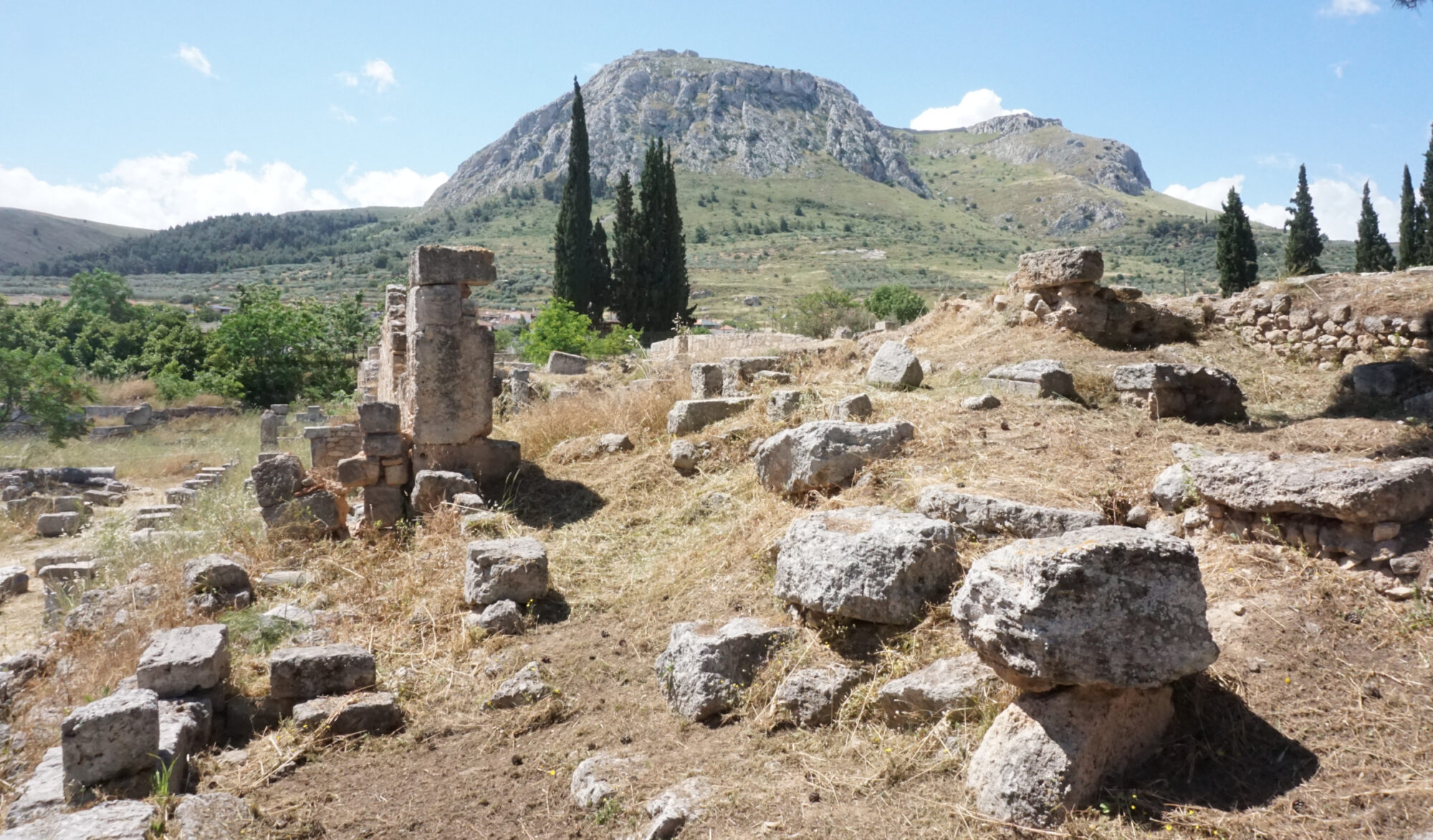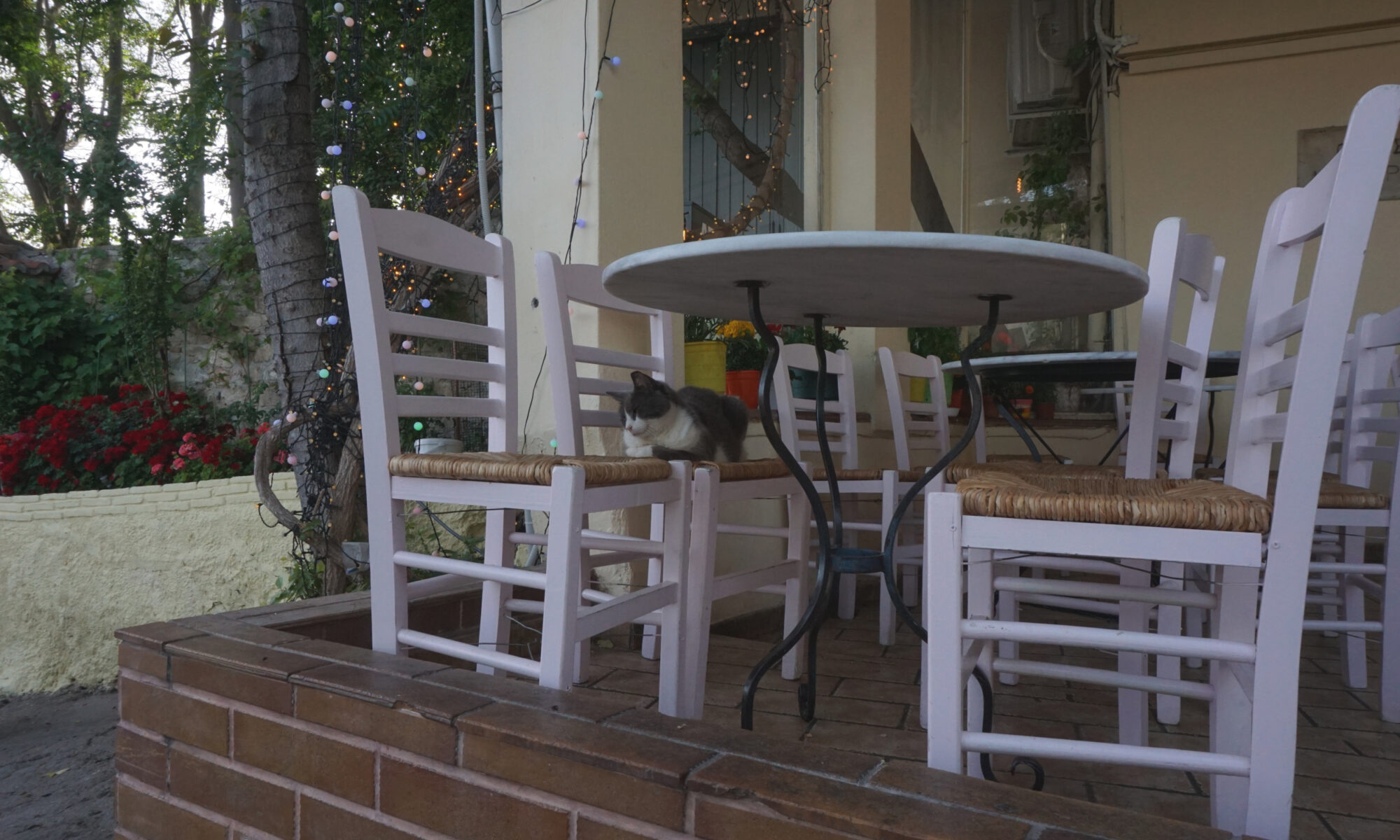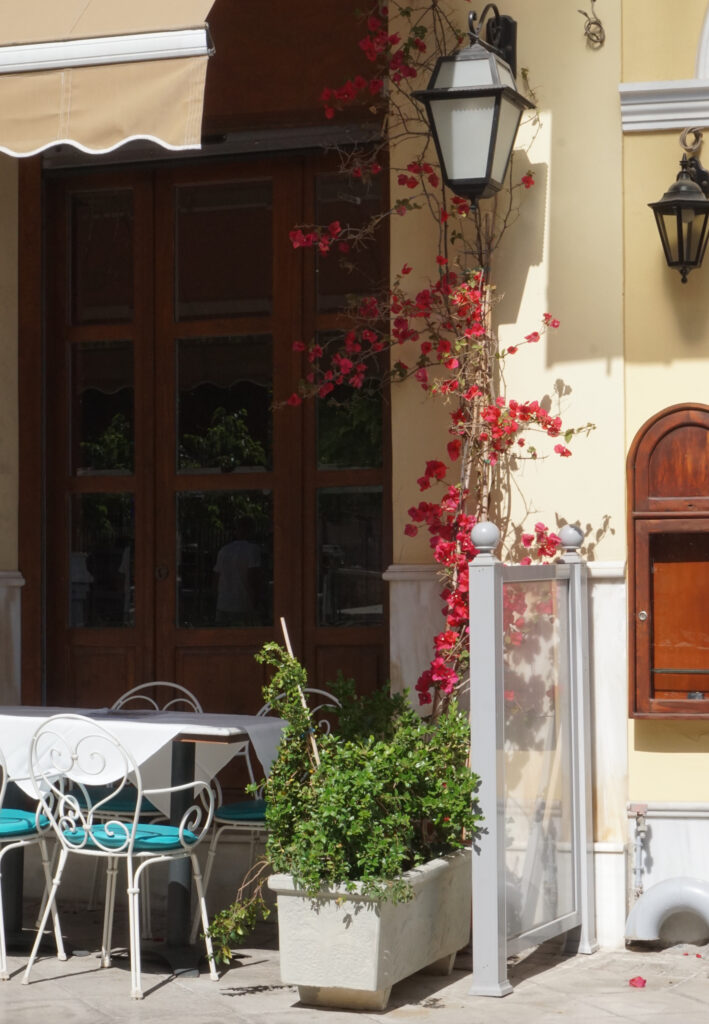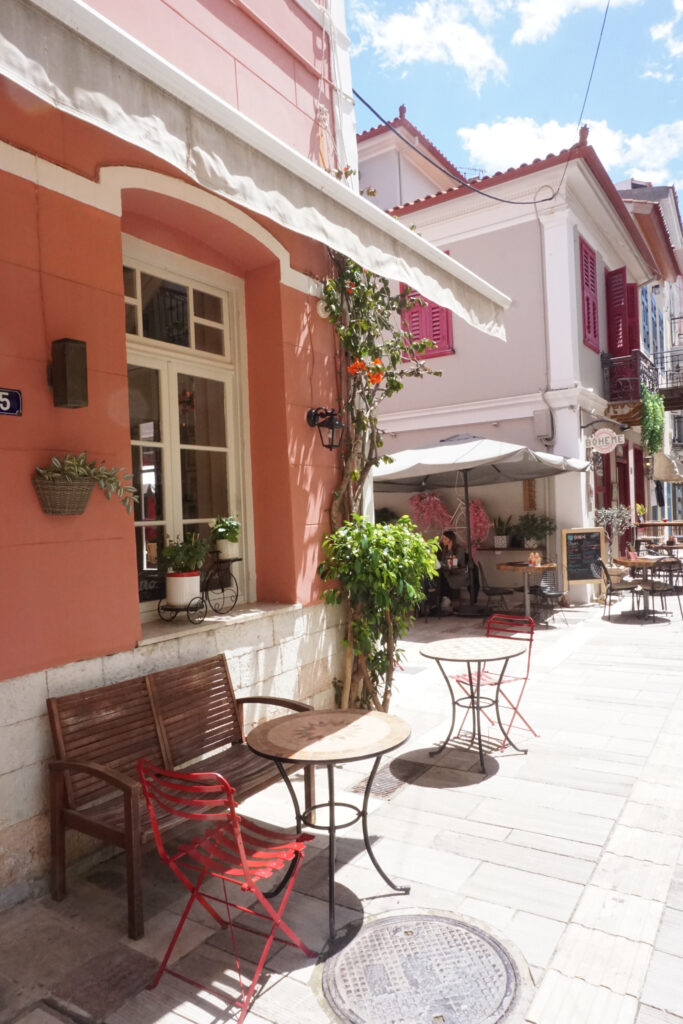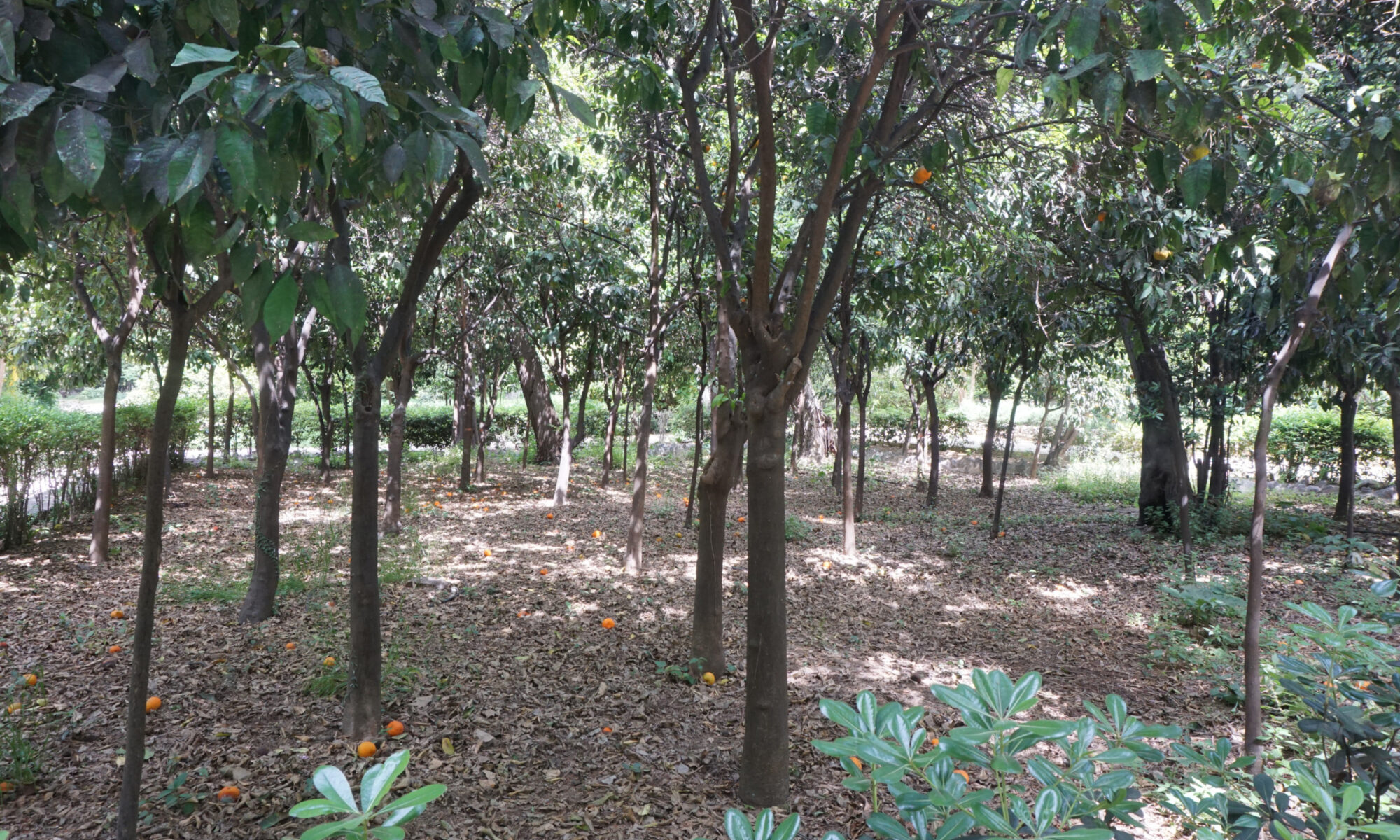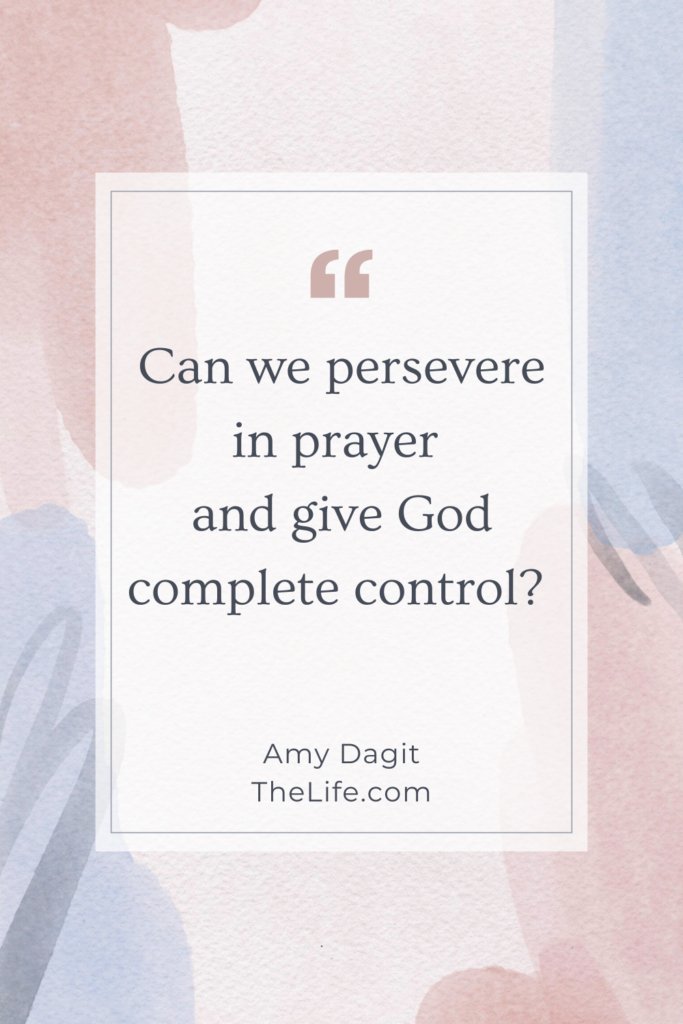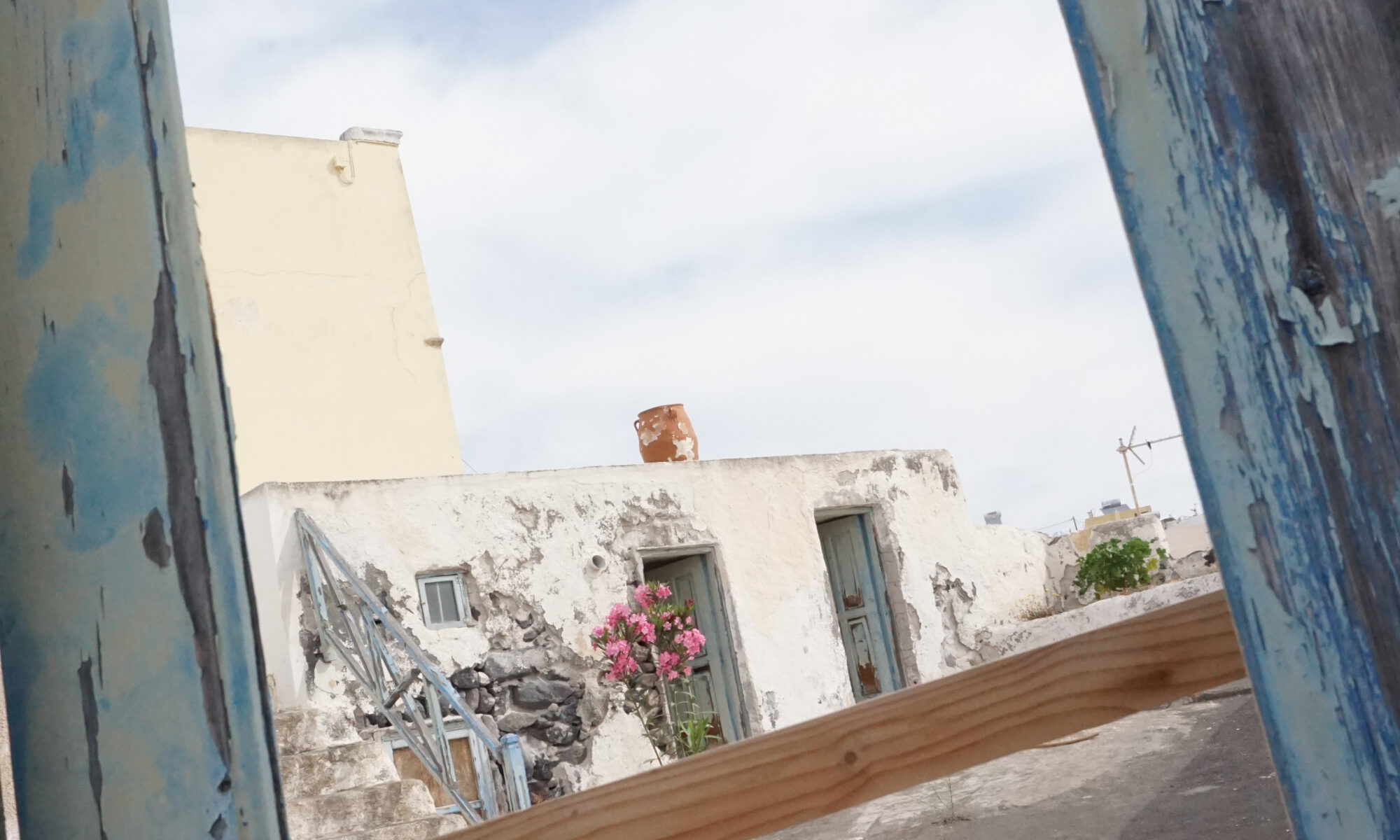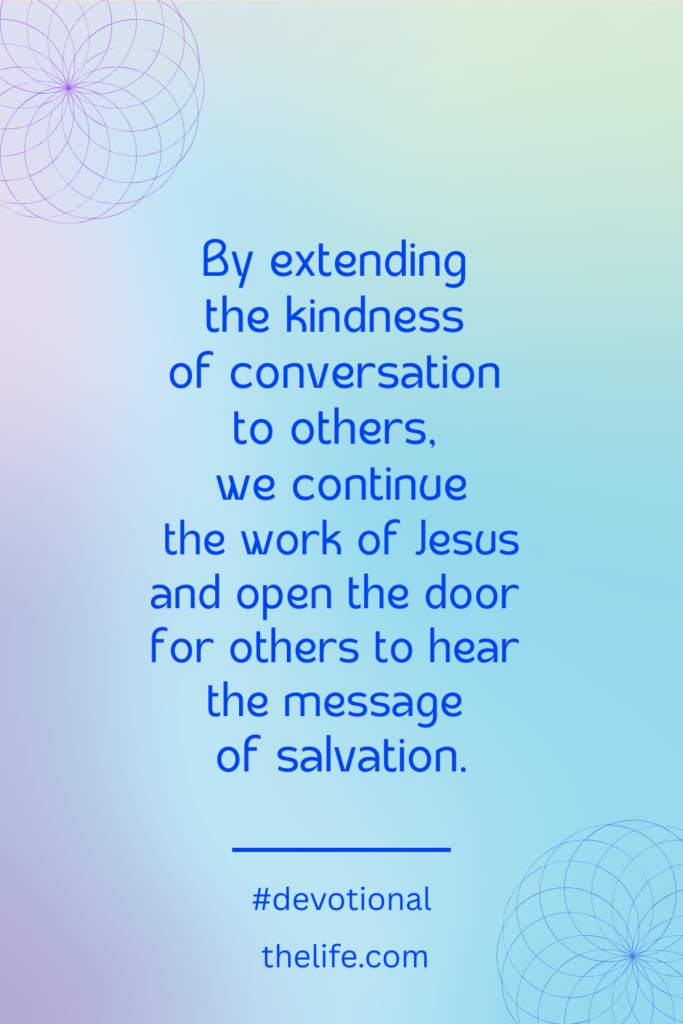
Proverbs 13:4 (ESV)—The soul of the sluggard craves and gets nothing, while the soul of the diligent is richly supplied.
Have you ever seen a sloth in a tree in the rainforest canopy? This adorable creature hangs by three legs while the other, ever so slowly, reaches for a leaf to munch on or a limb to climb. This mammal’s sluggish movement, in fact, ensures its survival. The slowness of the sloth helps it evade the eyes of visual predators such as jaguars and eagles, and the green tint of its fur, caused by algae, provides camouflage in the canopy. Moreover, its lack of speed allows it to test each branch before committing its full weight to it, preventing falls from high in the canopy.
Why, then, does the term “sloth” have a negative connotation today? Simply, it comes from the Middle English slouthe, meaning “indolence, sluggishness, neglect of responsibilities.” Unfair, if I do say so, to mark a creature of God’s design with such a definition; thus, I dare to uplift the sloth as the “soul of the diligent” in Proverbs 13:4.
Whereas God richly supplies the sloth with techniques to survive in the wild, he desires to grant us more: eternal life. He wants us to move with his plan, using slow, deliberate intention, when necessary, to prevent ourselves from falling from the canopy.
Indeed, slow is the way to go in some scenarios. For instance, James 1:19–20 says, “let every person be quick to hear, slow to speak, slow to anger, for the anger of man does not produce the righteousness of God.” In other words, the diligent soul deliberately thinks about their emotional nature and chooses slowness and receives the righteousness of God in return for their faithful following of God’s Word.
What’s more, God also acts with slowness (Exodus 34:6; Numbers 14:18; Nehemiah 9:17; Psalm 86:15) and is “not slow to fulfill his promise as some count slowness, but is patient toward [us], not wishing that any should perish, but that all should reach repentance” (2 Peter 3:9). This means that although the path to fulfilling God’s plan may seem long, God lavishes us with steadfast love to support us and leads us to eternal life.
Without a doubt, the person with the sloth’s soul is not slow and lazy but rather slow and intentional, desiring to follow God and gain the greatest reward. This soul benefits from the rich supply of God’s steadfast love, mercy, and grace, as well as his commandments of how to live. This individual “draws near to God [and believes] that he exists and that he rewards those who seek him” (Hebrews 11:6).
Because of this faith, this person does the slow work of preparing for the coming of Christ by memorizing and studying Scripture, giving up idols, seeking advice from fellow Christians, and thinking before speaking, among other actions.
To sum it up, the slothful soul is slothful when necessary, to ensure their life reflects God’s Word.
